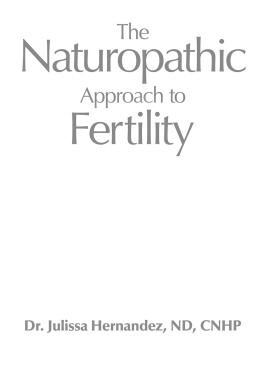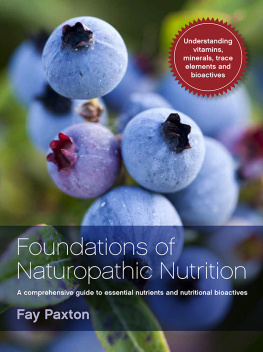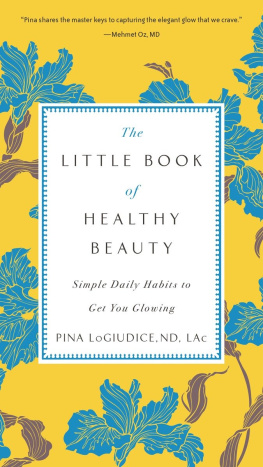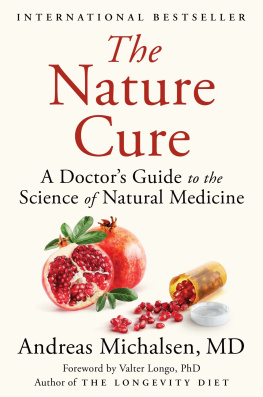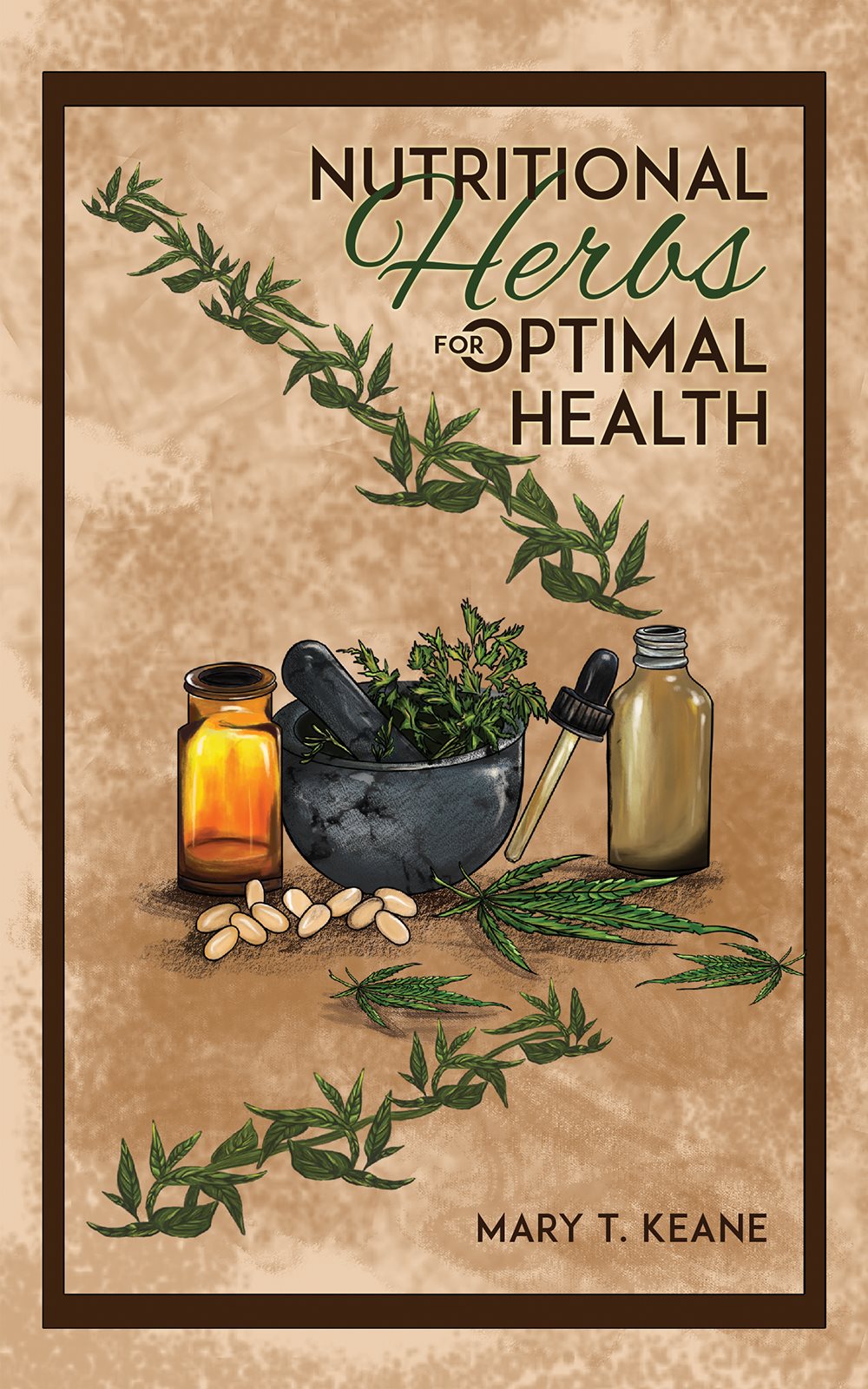I wish to thank the writers, both medical and natural, for the research and ideas which led to the production of this book. Then again, I thank my son, Liam; and his assistant, Scott, for help in formatting the printed word. Their intervention and persistence were invaluable to me. And, of course, without the Herbal Diploma, I might not have had the courage to write this book. Good health to all!
The Conventional Medical View
Nowadays when a medical doctor examines a patient who complains of shortness of breath and who has swollen ankles, he may conclude from these signs and symptoms that the person is suffering from heart failure or a heart condition. The doctor diagnoses relative to signs and symptoms. If the patient complains of muscular pain he is prescribed pain-killers, if depressed an anti-depressant, and when showing signs of infection an antibiotic is recommended.
All of the foregoing treatments are artificially produced and are given in standardised doses.
Then for those prescribed in this way, what next? When one looks at the leaflets accompanying these manufactured prescriptions, one could be excused for feeling very nervous about their side-effects, e.g. nausea, angina, pain, rapid heartbeat, rash, muscle cramps, etc.
Regarding anti-depressants, one can become hooked or addicted to them. Witness Nora, an alcoholic, was prescribed valium in an effort to wean her off alcohol. The result? She became addicted to the valium. Again, using antibiotics long-term may damage the immune system.
Using pain-killers to deal with pain long-term can cause serious side-effects; Witness cortisone, administered to two soldiers for pain and their resultant deaths. Another person was prescribed brufen for pain and suffered a massive and fatal heart attack. Another man required medical attention resulting from the prescribed cortisone when his face became blue in colour.
Perhaps these examples of the side-effects of conventional drugs could make us look at other, alternative natural methods of looking at pain and disease?
Herbs A Way of Life
Simple though it seems, herbs can become A Way of Life; simply termed its all in the Plant. Plants can become a way of managing ones life in a naturally healthy way; a well-tried or unique method of using natures energy to revitalise oneself and to help others also.
Herbs can be cultivated indoors and outdoors. Some herbalists get great satisfaction in growing outdoor herb gardens or indoor herb sanctuaries; not only because they can be growing healing, nurturing herbs for eating purposes, but also plants to simply admire and enjoy.
Then, the financial benefit to be gained from these ventures could be an extra bonus. As we shall see later, herbs are versatile; being used in potpourris, herb pillows and pomanders etc.
We will have a look at nutrition, and at current thinking about the value of fruit, vegetables, nuts and herbs.
However, our main concern will be to concentrate on herbs as safe and effective natural restoratives. It means looking at herbs as a slightly different model of health to that of orthodox medicine.
Herbal Teas An Alternative Route to Health
Taking Herbal Teas regularly, could be one Alternative Route to natural Health. These teas can be recommended by Herbalists.
On entering a well-known health shop recently, I was reminded about this practice. A healthy, herbal aroma greeted me as I opened the shop door, and witnessed an assistant drinking her regular cuppa of herbal tea. Quite impressed I asked her the name of the tea; to which she replied Chamomile.
Whilst mentally congratulating her, I could not help thinking if she was aware that one does not choose teas at random; rather with a purpose in mind. Specific herbs are taken for a specific purpose; e.g. Chamomile for calming, and relaxing, for anxiety and stress (among other conditions also).
The Purpose of Taking Herbal Teas
We take herbal teas generally for their believed benefits for health, which are:
To eliminate poisons or toxins from the System
To oil the body functions
To act as a mild laxative
To help to dissolve kidney stones. Rosehip is a herb which helps this
The herb Fenugreek helps to de-fat the liver, our chemical factory where all our chemical changes take place
To eliminate mucus from the body
To restore body cell function to normal.
A Herbal Tea Cure
Some years ago a man entered a local Health Store and handed a note to the assistant on which the word Chamomilac was written. He informed the assistant that his niece had been involved in a serious accident resulting in a split earlobe. The note had been written by a retired German doctor or naturopath, which prompted the assistant to presume that the herb requested could be Chamomile.


